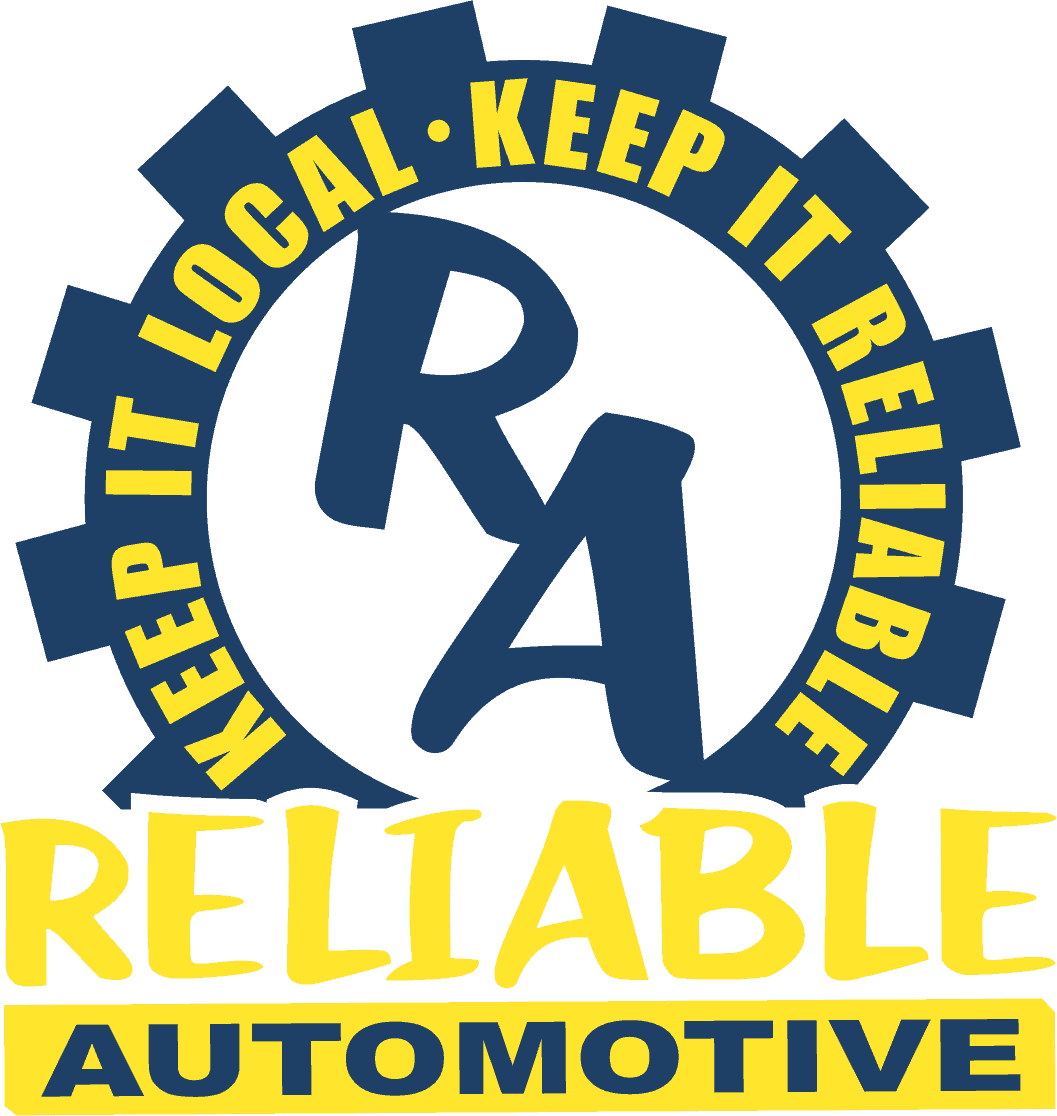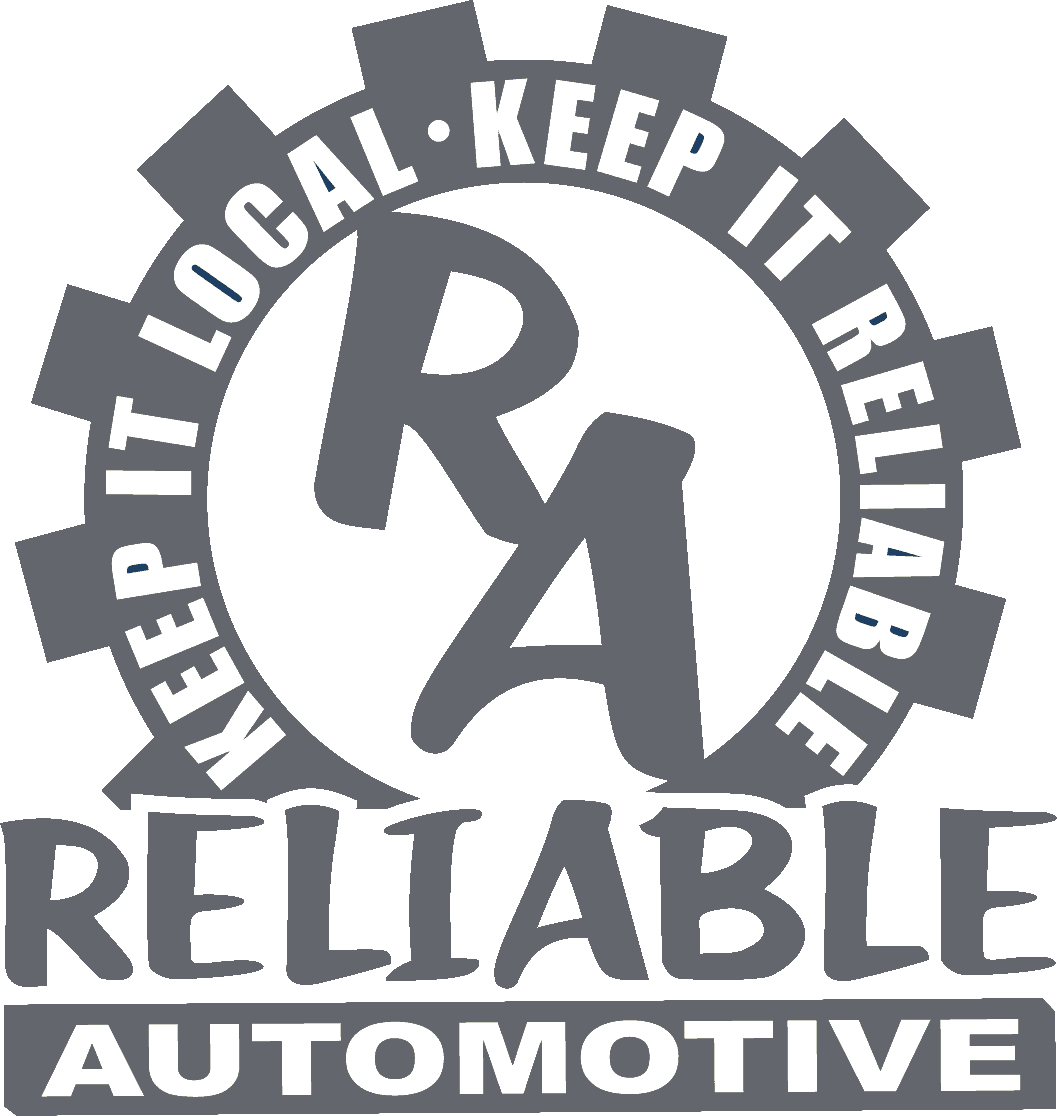
Oil changes aren’t the only service your vehicle will need throughout its lifespan. But if you neglect this task, no other form of maintenance will be enough to keep your vehicle running as it should. Your car’s engine depends on motor oil to lubricate its moving parts, keep heat under control, prevent contaminants like dirt from causing problems, and prevent rust formation.
Motor oil must be as clean as possible to succeed at each job. However, your car’s oil will eventually begin to break down; when it does, it will slowly become less effective. When this happens, you must visit a local auto shop for a full-service oil change.
If you avoid scheduling an oil change service at this point, your engine could develop significant problems before you know it. Read on for an explanation of the engine disasters that can arise when you ignore your car’s oil change needs, as well as advice on making your oil changes as effective as possible.
How Oil Change Service Prevents Engine Disasters
When you don’t prioritize oil changes, you’ll increase your risk of serious car trouble. Here are 10 engine disasters you can avoid by getting an oil change in Hays County, TX, every few months:
1. Reduced Engine Power
Engines don’t deliver consistent horsepower throughout their lives. If your horsepower starts to decline, you’ll have a harder time accelerating, keeping your vehicle’s speed consistently high, and traveling up hills.
Fortunately, fresh motor oil can help your engine’s various parts move with minimal resistance — allowing your engine to deliver the level of horsepower you’d expect. Regular oil changes will also lower the odds that your oil will form sludge, which makes it much harder for these parts to move as intended.
2. Clogs in Your Engine
If sludge gets particularly troublesome in your vehicle, it won’t just decrease your engine’s power — it could also cause engine blockages. These blockages happen when sludge gets trapped in crevices, making it nearly impossible for your engine to function normally.
Sludge isn’t the only material that can contribute to clogs in your engine. Motor oil is responsible for keeping debris from affecting your engine’s various components; as your oil starts thickening, this debris can begin to settle. In this situation, particles of dirt, rust, and other contaminants can get stuck between your engine’s moving parts.
3. Overheating
Since motor oil keeps your engine’s moving parts thoroughly lubricated, your engine’s overheating risk should be minimal as long as your oil is still clean. But when your oil creates sludge, your engine’s internal friction will increase significantly — and so will its average temperature.
Eventually, this friction could cause your engine to overheat. This is an especially noteworthy risk in warmer parts of the country, and Hays County residents know how hot this area can get during the summer months.
4. Lower Fuel Efficiency
When engines can’t access clean motor oil, they’ll suffer from overheating, insufficient cooling, and poor compression due to cylinder wear. All of these factors can harm your vehicle’s fuel efficiency.
As you might expect, reduced fuel efficiency will cause your fuel consumption to go up, so you’ll need to spend more on gas. In the long run, this problem could cost you more than an oil change in fuel expenses alone.
5. Increased Emissions
Reduced fuel efficiency won’t just cost you more at the pump. When an engine runs into this problem, it could start emitting more pollutants than usual.
Oil changes can’t completely prevent emissions — some oil will always be able to enter your engine’s combustion chamber. But since this amount will increase as your cylinder walls wear down, oil change service is a great way to keep your emissions as low as possible.
6. Warped Engine Parts
When an engine is first manufactured, all of its parts fit together perfectly. However, due to high temperatures and excess friction, the shapes of your gears, valves, and other engine components could change over time.
Generally speaking, warped parts need to be replaced. When one component in your engine gets warped, it will exert pressure on other parts, potentially deforming them in the process. If left unchecked, this chain reaction could require you to replace large parts of your engine.
7. Corroded Components
These days, motor oil typically comes with additives designed to improve its functionality and maximize your engine’s performance. One additive often found in oil is anti-rust treatment. As you might expect, this additive prevents rust from forming within your engine.
As your oil ages, its concentration of additives will decline; eventually, these additives will completely disappear. Once your anti-rust additives are gone, rust could develop on metal components in your engine. If you don’t change your oil at this point, that rust could eat away at these parts, leading to severe problems such as tank leaks.
8. Turbocharger Issues
Turbochargers are often found on modern cars — these components use waste energy from a vehicle’s exhaust to boost power and efficiency. To accomplish this goal, they spin extremely fast, which means they need constant access to clean motor oil.
If turbochargers aren’t able to use clean oil, they could overheat and fail. Turbine shards that break off a turbocharger could enter the engine itself, potentially causing serious issues.
9. Total Engine Failure
For any responsible Hays County driver, avoiding the abovementioned issues should be motivation enough to take oil changes seriously. But if you continue to neglect oil changes for an extended period, you could run into an even bigger problem: engine failure.
Skipping oil changes can actively reduce an engine’s service life. When your engine fails, there’s a good chance even skilled mechanics won’t be able to provide engine repair. Instead, you might need to replace your engine or purchase an entirely new vehicle.
10. Invalid Warranties
When your new or certified pre-owned car is dealing with trouble, warranty coverage can help. A warranty should be able to help you afford the cost of repairing your vehicle for a certain number of miles or years — but there’s a catch.
To keep your warranty intact, you must keep up with recommended maintenance services (including oil changes). By skipping oil changes, you could accidentally render your warranty void. And if your engine develops problems and you don’t have warranty coverage, you’ll have to cover the cost of repairs on your own.
How Often Do Cars Need Oil Changes?
As you can see, there are many reasons why getting frequent oil changes is a wise decision. But to maximize the advantages associated with oil change service, you’ll need a solid understanding of what frequent oil changes should look like for you. With that in mind, your best bet is to create a custom oil change schedule for your car.
Your vehicle’s manual will provide recommendations on oil change scheduling, making it the perfect starting point for this process. Beyond that, you’ll need to account for the type of oil you use:
- Conventional oil should be changed once every 3,000 miles.
- Synthetic blend oil offers a longer life span, lasting up to 5,000 miles.
- Full synthetic oil delivers the longest life span of all, lasting 5,000 to 7,000 miles.
Other factors that can affect your oil change schedule include severe driving habits, the age of your vehicle, and extreme temperatures. Since the weather in Hays County can get quite hot for much of the year, most drivers in this area should consider getting oil changes more often than the average.
Choose the Right Oil Type for Your Car
When you arrive at your local auto shop for an oil change service, you must decide which oil you should get. To save time and avoid stress during your appointment, take some time to familiarize yourself with the pros and cons of two widely-used oil varieties: conventional and full synthetic oil.
Conventional Oil
Conventional oil is a form of naturally occurring crude mineral oil. Most conventional oil brands enhance this oil by partially refining it, improving its protective properties and viscosity.
Even after refinement, conventional oil isn’t the best option in terms of performance. While it’s still the most popular oil type due to its low cost, you’ll need to account for conventional oil’s relatively short service life before investing in this oil type.
Full Synthetic Oil
Unlike conventional oil, full synthetic oil is an entirely artificial oil held to extremely high-performance standards during manufacturing. Because of that, this oil type goes above and beyond regarding engine protection.
The only real drawback of full synthetic oil is its cost — the average synthetic oil change tends to be more expensive than the average conventional oil change. However, full synthetic oil’s longer life span means motorists won’t need to get oil changes too often while using this high-quality oil.
Other Oil Types
Though conventional and full synthetic oil are two of the most popular oil varieties on the market, they certainly aren’t the only options available to motorists in Hays County. For example, synthetic blend oil is a mixture of the two oil types listed above, which means it can deliver a compromise between their respective advantages and drawbacks. High-mileage oil is also available; it’s formulated for vehicles that have been in use for more than 75,000 miles.
If you’re unsure which of these oil types is most suitable for your needs, there’s no need to worry. Instead, ask the mechanics at your auto shop for advice — they’ll be happy to help!
The Benefits of a Full-Service Oil Change
While oil changes are less complicated than tasks such as engine repair, not every oil change in Hays County, TX, will meet the same standards. If you don’t put some thought into finding a great auto shop in this area, you might still get a competent oil change. But the best shops in this region don’t settle for competent — instead, they go above and beyond by providing full-service oil changes.
As you’d expect, a full-service oil change still focuses on removing your vehicle’s old motor oil and replacing it with fresh oil. A standard oil change would stop there, but full-service oil changes include several other maintenance tasks. When you get a full-service oil change, your shop’s mechanics will:
- Replace your oil filter. A clogged oil filter can’t effectively remove contaminants from oil. Because of that, technicians providing full-service oil changes will remove and replace these filters.
- Lubricate your chassis. It’s a good idea to occasionally grease the components in your car’s chassis. An oil change is an excellent time to take care of this task.
- Rotate your tires (upon your request). You’ll encounter uneven tread wear and other issues if you don’t rotate your tires. Drivers should generally take care of this task every 3,000 to 7,000 miles, which means you should be able to schedule this job along with oil changes.
Where To Go for an Oil Change in Hays County, TX
Prioritizing businesses offering full-service oil changes can help you narrow your oil change options. However, that isn’t the only factor you should consider while looking for an auto shop that handles this service in Hays County. Your shop of choice should also provide:
- Skilled mechanics. To ensure your car is in trustworthy hands, check that your go-to auto shop hires ASE-certified mechanics. These workers have more experience and knowledge than anyone else in this field.
- Ways to save money. Oil changes aren’t as pricey as some auto services, but the costs associated with this work can add up. Make sure you can save on this work by finding a shop that offers online coupons.
- All the services you need. Though oil changes are a crucial part of auto maintenance, your car will require many other maintenance and repair services over its lifetime. Instead of visiting a new shop whenever your vehicle needs attention, look for a business that can do it all.
- Multiple locations around the area. Are you a resident of Buda, San Marcos, or Kyle? If you live in any of these communities, you need an auto shop that has locations nearby.
At Reliable Automotive, we deliver all of these advantages and more to our valued customers. Our business has been Hays County’s most trusted auto shop since 2012, and our reasonable pricing and friendly customer service will keep you coming back whenever your car needs maintenance or repair work. Get started by scheduling your oil change today!
Schedule An Oil Change Service
Frequently Asked Questions
What happens if you don’t change your oil?
If you don’t change your oil, you probably won’t notice any issues for a while. Before long, though, you’ll get fewer miles per gallon and hear unusual noises from your vehicle. If you don’t set up an oil change at this point, your car will develop more serious problems (up to and including total engine failure). Fortunately, avoiding these consequences is as simple as getting frequent oil changes.
Why can’t you go back to regular oil after synthetic?
There’s no reason why you can’t switch back to conventional oil after using full synthetic oil — you just won’t want to. After all, the latter offers dramatically better engine protection than the former. And while full synthetic oil costs a bit more than conventional oil, its extended life span will allow you to go longer between one synthetic oil change and the next.
How long can I drive without an oil change?
Since every driver’s oil change needs differ slightly, there’s no fixed answer to this question. Instead, your ideal oil change schedule will vary depending on the type of oil you use, the age of your vehicle, your driving habits, and a few other factors.
Can I mix synthetic and regular oil?
At Reliable Automotive, we firmly believe that full synthetic oil is the best choice for most Hays County drivers. But combining this oil type with conventional oil won’t put your engine at risk — synthetic blend oil is an oil type consisting of both full synthetic oil and conventional oil. That said, mixing these oil types will prevent your full synthetic oil from reaching its full potential in terms of performance.
What are the signs that you need an oil change?
Following a custom oil change schedule will make you much less likely to run out of oil before your next service appointment. Even so, it’s impossible to eliminate this possibility. You may need an oil change earlier than expected if you see smoke coming from your exhaust pipe, hear strange noises, feel vibrations while your car is idling, or have an active check engine light.






